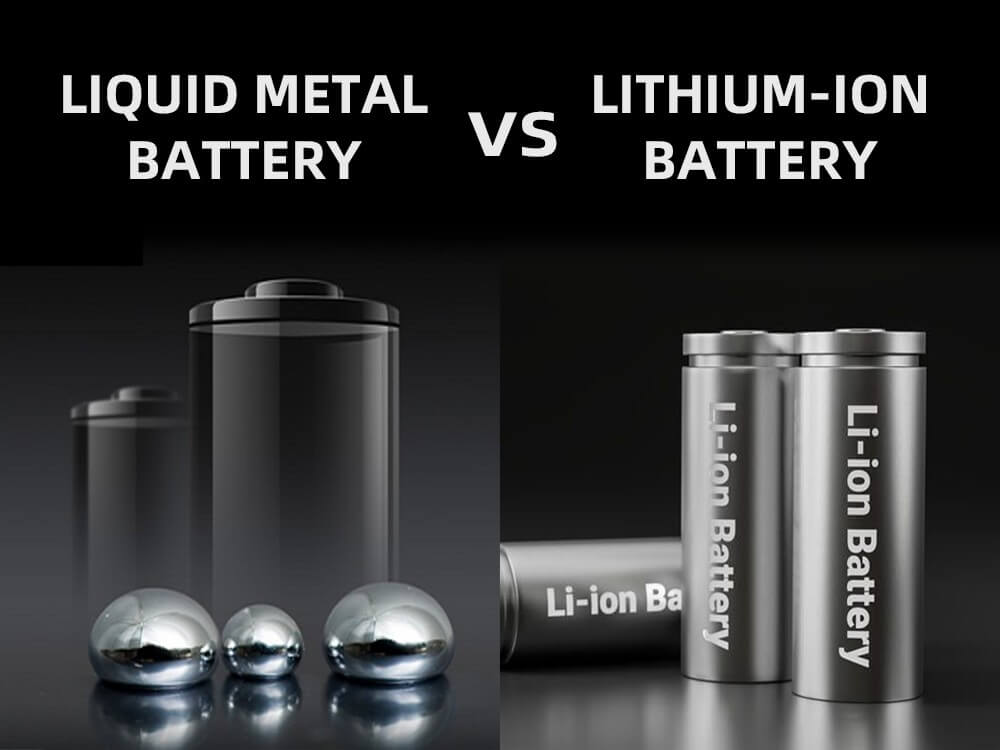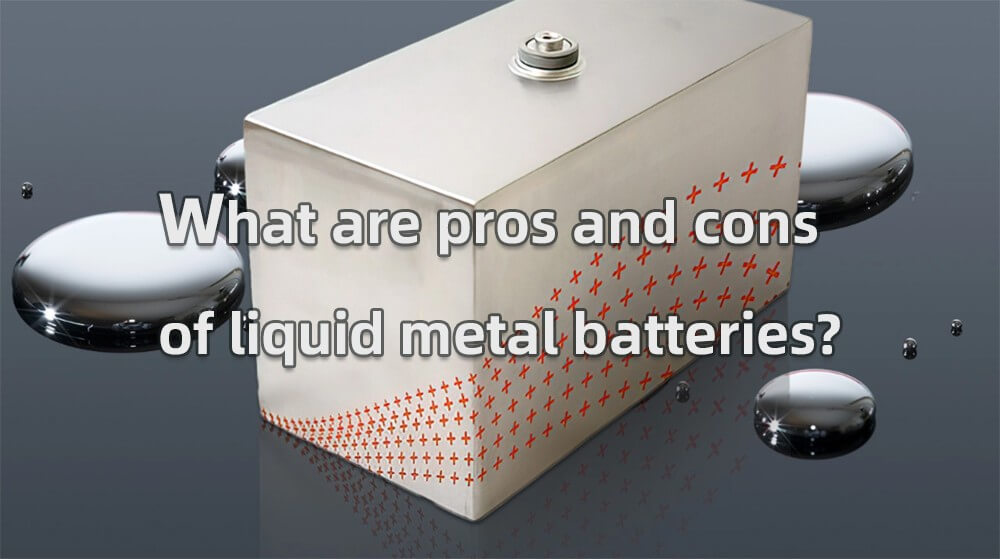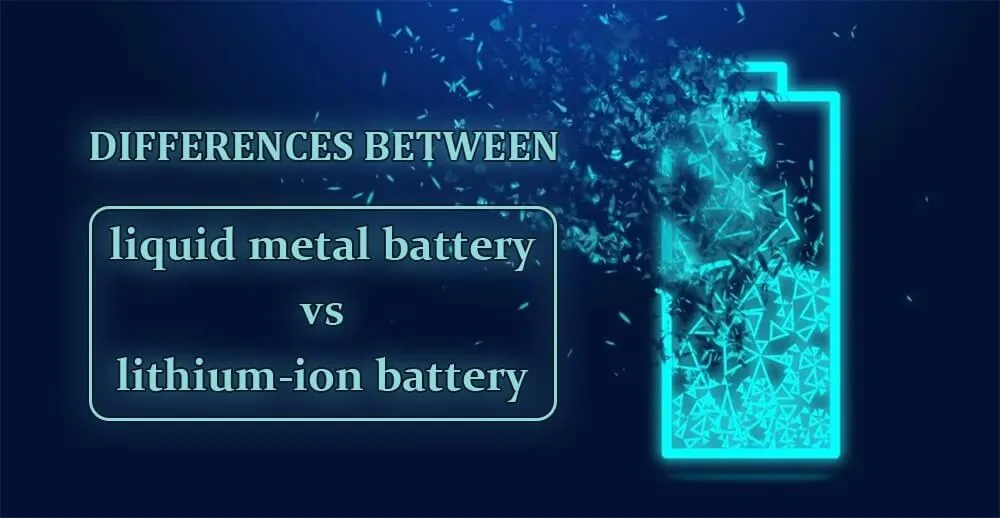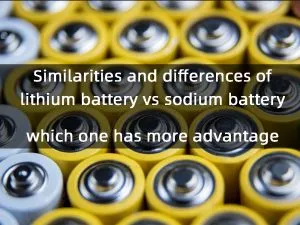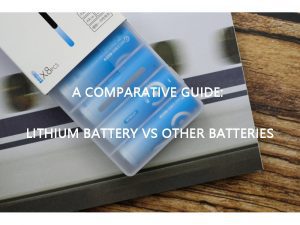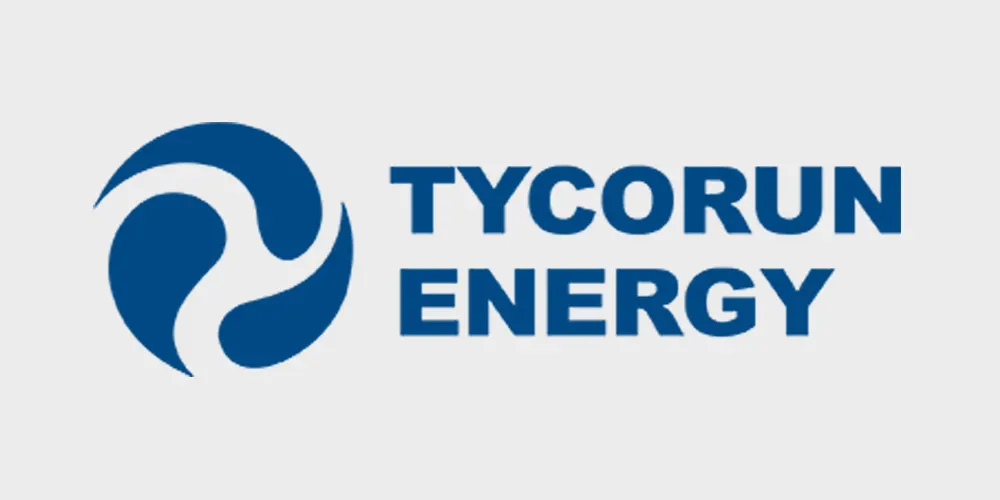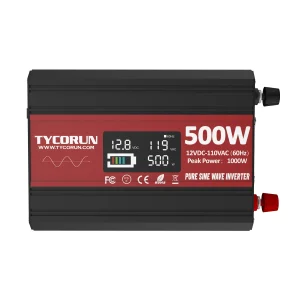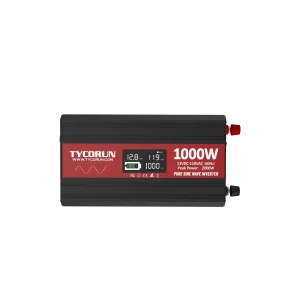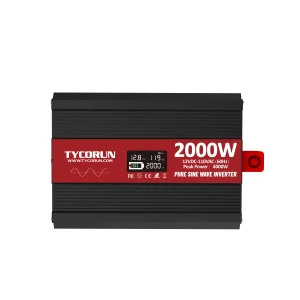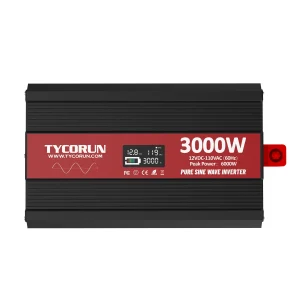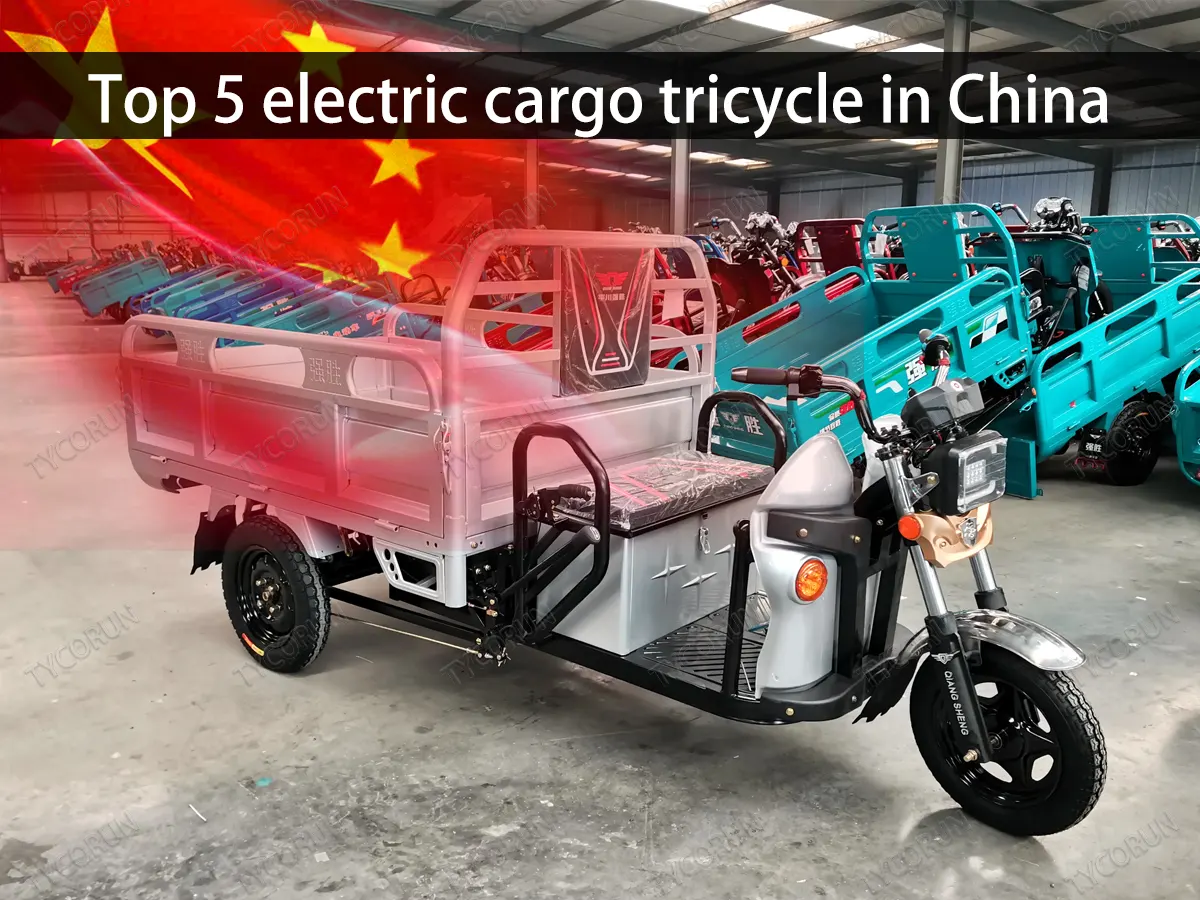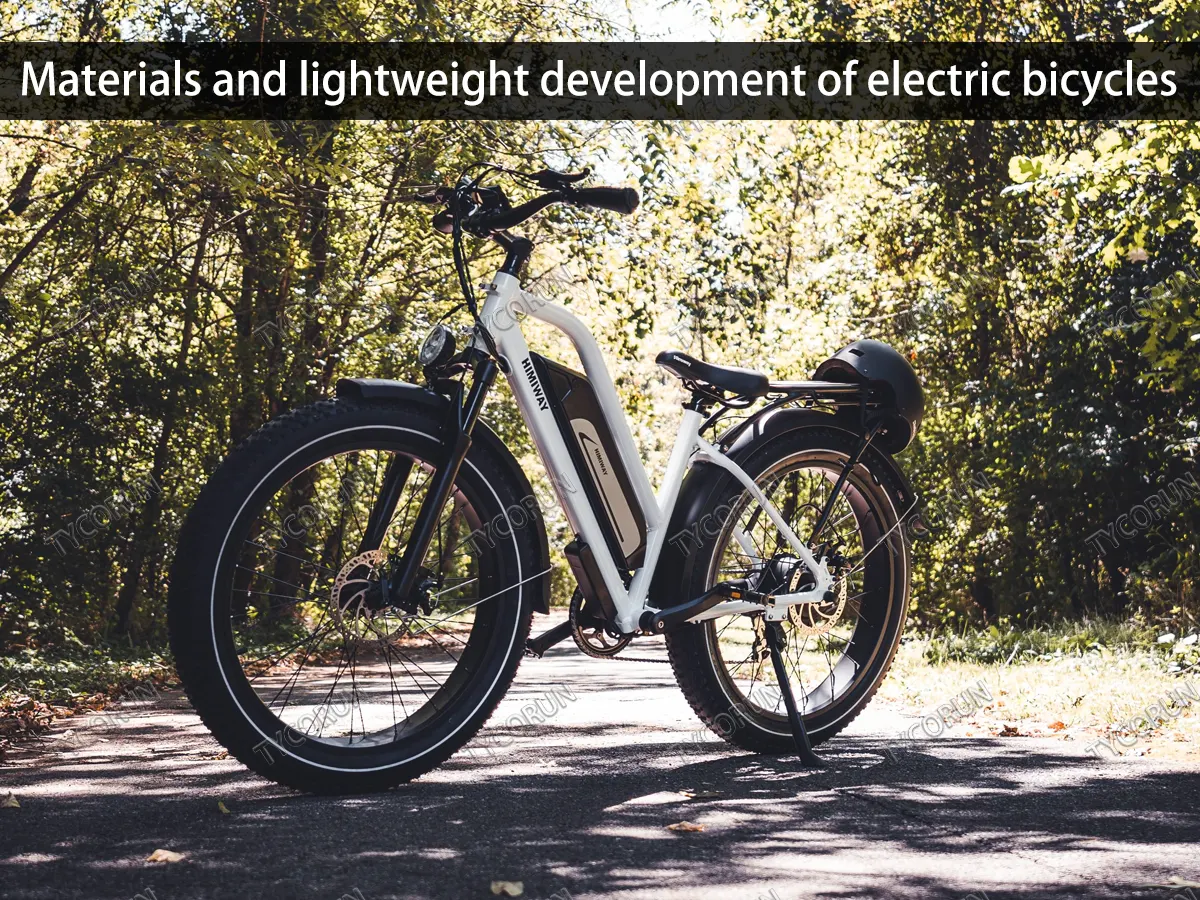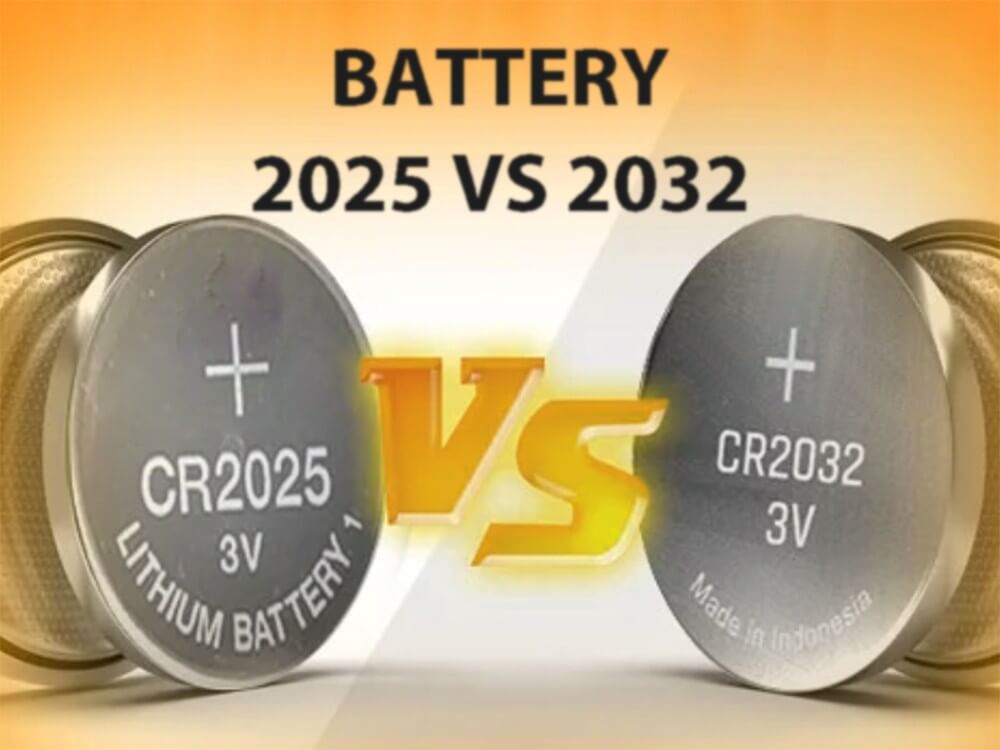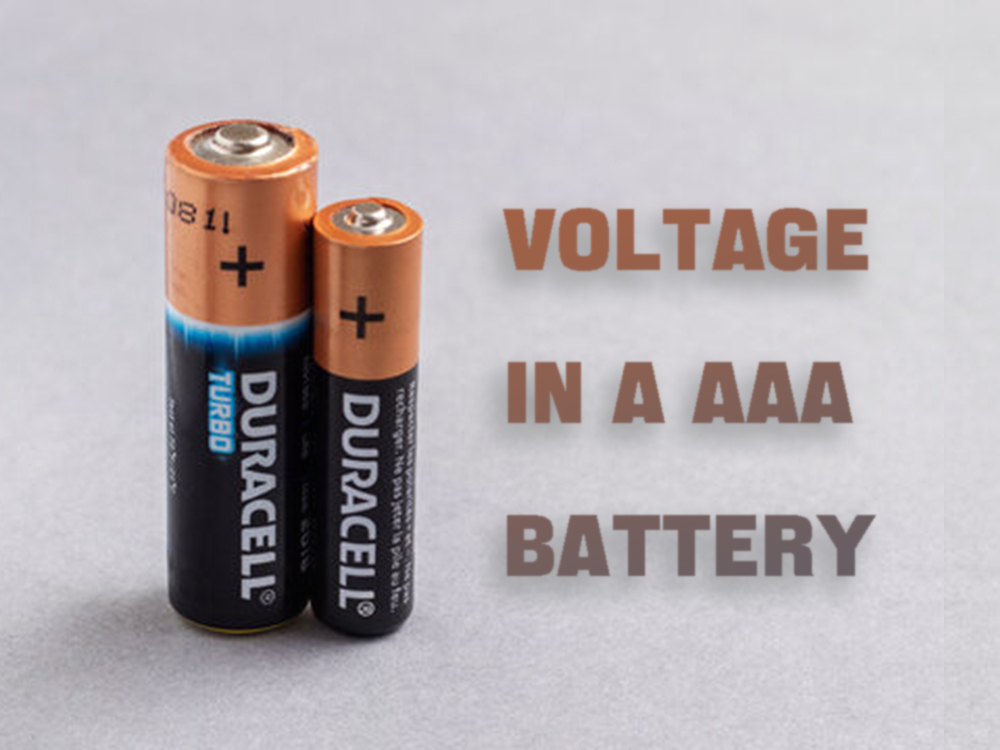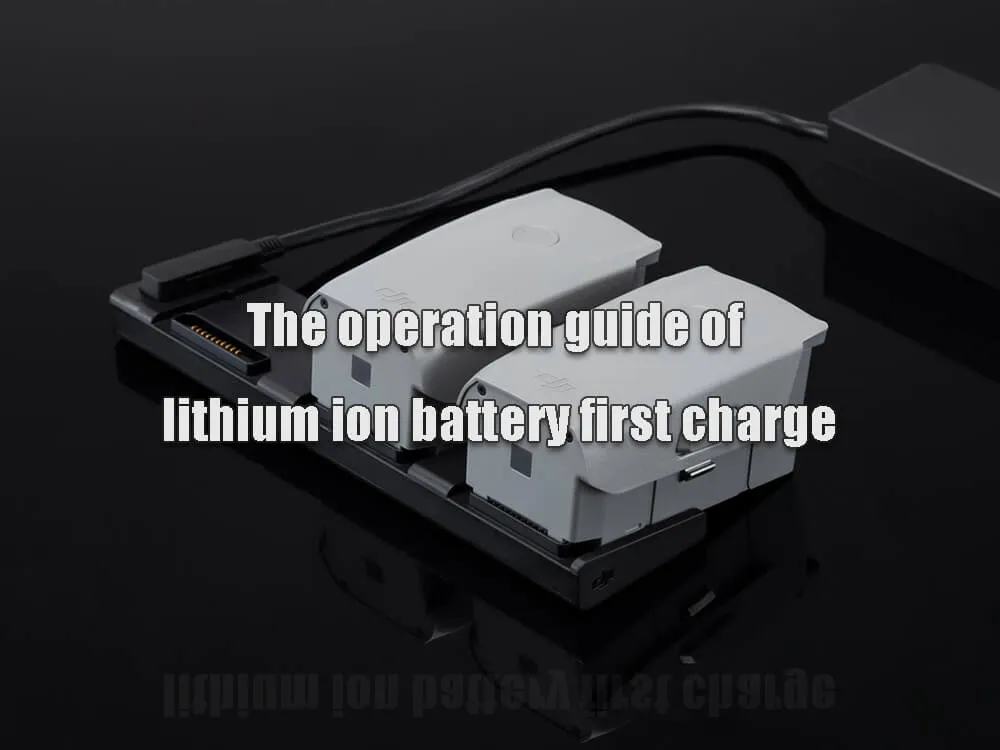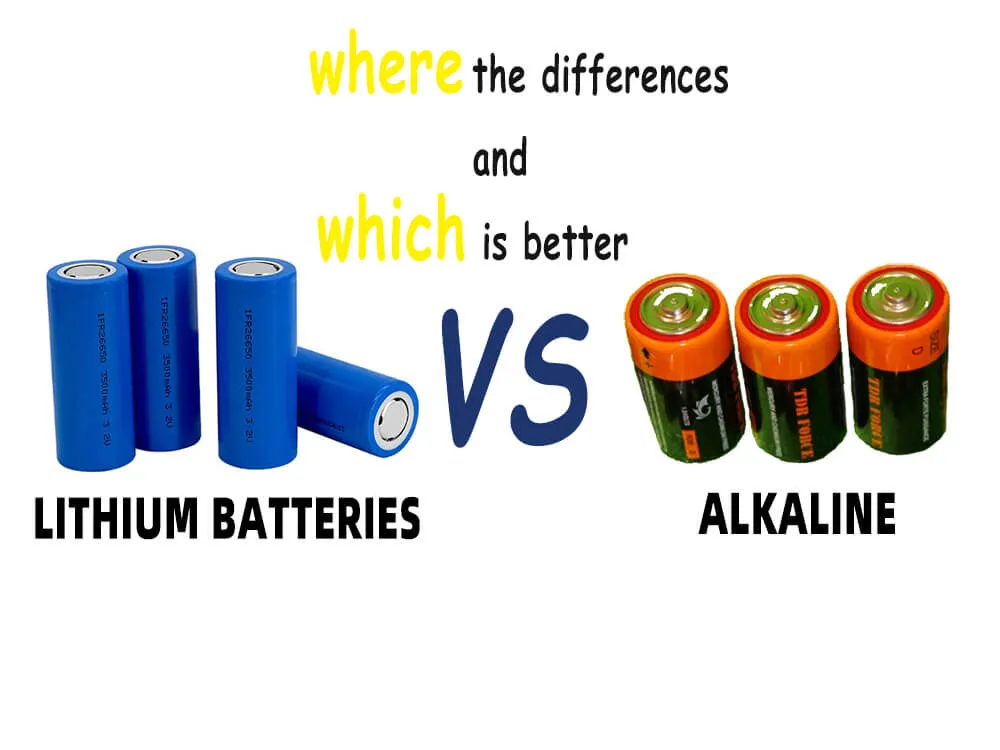Study of liquid metal battery vs lithium-ion battery

What is a liquid metal battery
A liquid metal battery is a unique battery type that unlike most batteries is made up of a liquid anode, a molten electrolyte medium, and solid metal particles that make up the cathode. The liquid anode is made up of a calcium alloy while the cathode side is commonly made up of antimony metals.
The use of these metals is mainly due to their abundance in the earth, low average cost, and the simple process required to assemble each battery cell. This choice of low-cost materials and simple process used in making liquid metal batteries aims to reduce the overall cost of storage batteries.
What are pros and cons of using the liquid metal batteries
Although liquid metal batteries may boast of low cost and a simple manufacturing process, they have their up and downsides. Some of which include.
Pros
Low cost: The major advantage liquid metal batteries have over other batteries is the relatively low cost of earth-abundant metals used in producing the battery. In comparing a liquid metal battery vs lithium-ion batteries, liquid metal batteries have a much lower average cost of production and sales than lithium batteries.
Fast charge rate: Liquid metals have a relatively faster charge rate due to the liquid-liquid electrolyte medium which facilitates the quick transfer of electrons within the battery. If you were to charge a liquid metal battery vs lithium-ion, the liquid metal battery would charge twice as fast if not faster than the lithium battery.
High voltage and density: Liquid metal batteries have a much higher voltage and higher capacity also owing to the liquid state of the battery. Although there are other batteries with higher capacity, when comparing a liquid metal battery vs lithium-ion, liquid batteries have a much higher rating.
Cons
High temperature: Liquid metal batteries commonly operate at relatively high temperatures making them quite unstable thermally. In comparison between a liquid metal battery vs lithium-ion battery, the latter operates at more stable temperatures as opposed to liquid metal.
Highly corrosive: Due to the free-flowing mixture of liquid chemicals and metals within the battery they can be quite corrosive making them dangerous for certain applications.
Sensitivity to motion: Owing to the three liquid layers that constitute the battery there is a high probability of unstable contact between the liquids and metals. This leads to thermal runaways and a high probability of short circuits with each cell.
Application of liquid metal battery
The relatively high energy capacity, high voltage, and long cycle life of liquid metal batteries makes them highly suited for large-scale energy storage. Liquid metal batteries have applications as power grid storage batteries used alongside renewable energy sources like windmills and solar panels.
They have also been incorporated in certain electric vehicles. Although in comparison between a liquid metal battery vs lithium-ion battery, liquid metal batteries have been in limited applications with electric vehicles due to the motion-sensitive nature of the battery.
What is a lithium-ion battery
Lithium-ion batteries are some of the most popular and widely used rechargeable batteries available for use in a wide range of applications. In comparison between a liquid metal battery vs lithium-ion battery, the latter uses metal cathode and anode rods in a semi-aqueous electrolyte medium unlike the liquid state of liquid metal batteries.
Lithium batteries come in a variety of cell chemistries all of which commonly have a voltage rating of between 3.2V to 4.2V with average capacities of 3600mAh.
What are pros and cons of lithium-ion batteries
Although being fairly popular in application and adoption, Lithium-ion batteries have clear pros and cons attached to them. Some of these include.
Pros
Long life cycles: Lithium-Ion batteries have very long lifespans, up to 5000 life cycles and making them ideal for use in applications not require frequent replacement and maintenance. When comparing a liquid metal battery vs lithium-ion battery, both batteries have relatively long life cycles but lithium-ion batteries have more proven and are more established in a wide range of applications.
Zero maintenance: Lithium-ion batteries are self-reliant batteries that come sealed and require no maintenance practices to keep them functional. In comparing a liquid metal battery vs lithium-ion battery, liquid metal batteries require some sort of maintenance practice to keep the battery safe, unlike lithium-ion batteries.
High energy and capacity ratio: Lithium-ion batteries have been proven over time to have very high energy densities and large capacities for more energy-intensive applications and uses.
Safety: Lithium-ion batteries are generally very safe batteries to use. They have reduced chances of thermal runaways, spillage, and corrosiveness when in use.
Cons
High cost: Lithium-ion batteries are quite expensive to procure having a high overall cost per battery pack. This is mainly due to the high cost of lithium metals and other components used in producing each battery cell. In comparing a liquid metal battery vs lithium-ion battery, liquid metal batteries are a lot cheaper than lithium-ion batteries.
Recycling: Due to the scarce nature of lithium-ion, there are only a few lithium battery recycling companies making it a hassle to recycle these batteries.
Application of lithium-ion batteries
The most common form of lithium-ion batteries is the cylindrical 18650 batteries are widely used in most portable devices like flashlight, remote, and other form used in electrical appliances around the world some of which include smartphones, power tools, home energy storage powerwall battery and most commonly, electric vehicles.
In comparing a liquid metal battery vs lithium-ion batteries, liquid metal batteries are not commonly used with portable devices due to their sensitivity to motion. Lately, lithium-ion batteries have also been used in military and medical applications.
Differences between liquid metal battery vs lithium-ion battery
Temperature: In terms of temperature rates, when comparing a liquid metal battery vs lithium-ion, lithium-ion batteries can handle more temperature fluctuations compared to liquid metal batteries.
Cost: In the matter of cost of production and sale, when comparing a liquid metal battery vs lithium-ion, liquid metal batteries are a lot cheaper and less expensive due to the use of earth-abundant metals that can be sourced a lot easier than lithium.
Charge rate: The rate of charge of each battery type is a direct result of how fast electrons move within the battery. When comparing a liquid metal battery vs lithium-ion batteries, liquid metal batteries charge a lot faster than lithium-ion batteries due to the liquid nature of the battery.
Application: In terms of application and uses, when comparing a liquid metal battery vs lithium-ion batteries, liquid metal batteries have a limited range of applications due to their liquid nature, unlike lithium batteries that are used in much wider applications.
Safety of liquid metal battery vs lithium-ion battery
As a matter of safety when comparing a liquid metal battery vs lithium-ion battery, there is a clear distinction between both battery types. Lithium-ion batteries have more stability, lower resistance, reduced thermal runaway, and reduced chances of corrosion compared to liquid metal batteries.
This makes the lithium-ion battery a safer choice for wide-range applications than liquid metal batteries.
liquid metal battery vs lithium-ion battery – which is better
Depending on the application in comparing a liquid metal battery vs lithium-ion battery, liquids batteries have better charging and recharge capacities. Although liquid metal batteries share the same high voltage and capacity as lithium batteries, they can only be used in a limited range of applications.
When comparing a liquid metal battery vs lithium-ion battery, liquid metal batteries cannot replace lithium batteries in a wide range of applications. In overall application, safety and reliability, lithium-ion batteries are a much better choice in the long run.
FAQs
Are lithium-ion batteries liquid?
The traditional lithium ion battery is a liquid electrolyte. The lithium ion battery on the market now, especially the lithium iron phosphate battery, is a gelatinized electrolyte, so it is not easy to leak, can be placed at will, and is more safe.
Who manufactures lithium-ion batteries?
TYCORUN ENERGY is one of the odm lithium ion battery pack manufacturer in China with over 15 years of experience producing lithium batteries with the best processes and of the highest quality possible.
TYCORUN ENERGY has more than 15 years of Research and Development experience with a team of lithium battery experts able to produce the best quality lithium-ion batteries possible. TYCORUN ENERGY manufactures and supplies lithium batteries to Europe, Asia, North America and Africa with a high customer satisfaction rating.
Will lithium prices go up?
The demand for lithium and lithium products has risen over the last few years with the rise in demand for electric vehicles and home energy storage. This demand is set to rise and so will the demand as well as the price of lithium.

